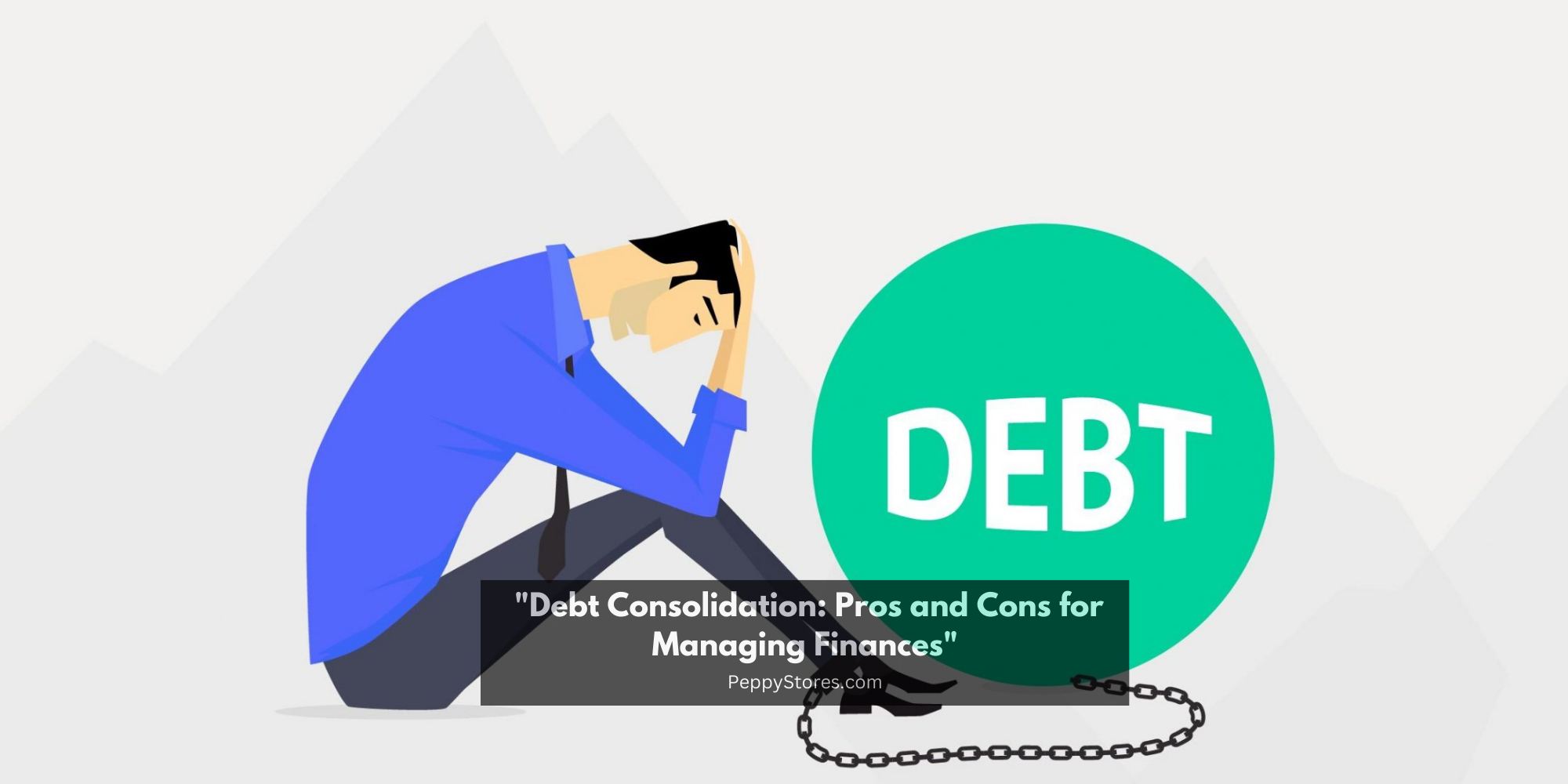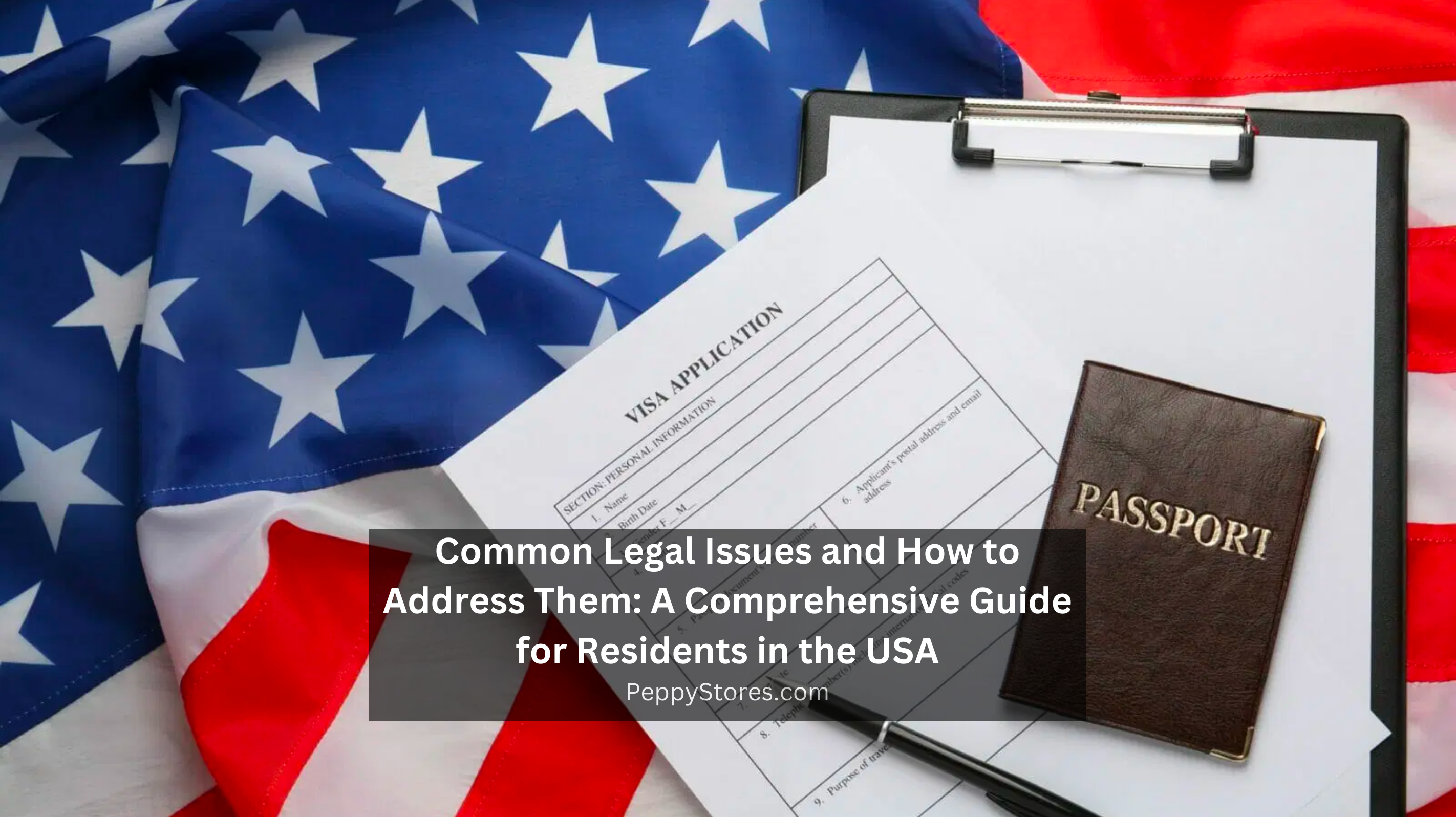In the complex landscape of personal finance, many individuals find themselves juggling multiple debts from various sources—credit cards, loans, and other financial obligations. Debt consolidation is a financial strategy that aims to simplify this burden by combining multiple debts into a single, more manageable payment. While debt consolidation offers potential benefits, it also comes with drawbacks. In this comprehensive guide, we will explore the pros and cons of debt consolidation, providing valuable insights to help individuals make informed decisions about managing their finances.
Understanding Debt Consolidation
1. What is Debt Consolidation?
Debt consolidation involves combining multiple debts into a single loan or credit line, often with a lower interest rate. This can be achieved through various means, such as a personal loan, home equity loan, or balance transfer credit card.
2. Types of Debt Consolidation:
Personal Loans: Unsecured loans used to pay off high-interest debts, offering fixed interest rates and set repayment terms.
Home Equity Loans: Secured loans that use the borrower’s home as collateral, typically offering lower interest rates but posing the risk of home loss if payments are not met.
Balance Transfer Credit Cards: Moving high-interest credit card balances to a card with a lower introductory interest rate, often providing a temporary reprieve from interest charges.
3. Pros of Debt Consolidation:
a. Simplified Repayment:
Combining multiple debts into a single payment simplifies the repayment process. This can make it easier for individuals to stay organized and avoid missing payments.
b. Potential for Lower Interest Rates:
Debt consolidation loans or credit lines may come with lower interest rates than existing debts, resulting in potential interest savings over the life of the loan.
c. Fixed Repayment Terms:
Personal loans and some other forms of debt consolidation come with fixed repayment terms, providing predictability in monthly payments.
d. Improved Credit Score:
Successfully managing and repaying consolidated debt can positively impact credit scores, as it demonstrates responsible financial behavior.
e. Reduced Stress:
Dealing with multiple creditors, due dates, and varying interest rates can be stressful. Debt consolidation can alleviate this stress by streamlining the repayment process.
Potential Drawbacks of Debt Consolidation
1. Cons of Debt Consolidation:
a. Risk of Secured Loans:
If using a home equity loan, the borrower’s home is at risk if they fail to meet repayment obligations. This poses a significant downside and should be carefully considered.
b. Extended Repayment Period:
While monthly payments may be lower, extending the repayment period can result in paying more interest over the life of the loan. It’s essential to weigh the short-term benefits against long-term costs.
c. Fees and Costs:
Some debt consolidation options come with fees, such as loan origination fees or balance transfer fees. These costs should be factored into the overall cost-effectiveness of the consolidation.
d. Temporary Interest Rate Introductory Periods:
Balance transfer credit cards often offer low introductory interest rates that can increase significantly after a specified period. Borrowers should be aware of these changes and plan accordingly.
e. Not a Solution for Spending Habits:
Debt consolidation addresses the symptoms of financial issues but does not cure the root cause. If overspending and poor financial habits are not addressed, individuals may find themselves accumulating new debt.
Choosing the Right Debt Consolidation Option
1. Evaluate Your Financial Situation:
Before pursuing debt consolidation, conduct a thorough assessment of your financial situation. Understand the total amount of debt, interest rates, and your ability to make consistent payments.
2. Compare Interest Rates and Terms:
Different debt consolidation options come with varying interest rates and terms. Compare these factors carefully to choose the option that best suits your financial goals.
3. Consider the Total Cost:
Factor in any fees, costs, and potential changes in interest rates when evaluating the total cost of debt consolidation. A seemingly lower monthly payment may not necessarily translate to overall cost savings.
4. Secured vs. Unsecured Options:
Understand the risks associated with secured loans, such as home equity loans. Unsecured options like personal loans may come with higher interest rates but avoid the risk of collateral loss.
5. Check Your Credit Score:
Your credit score influences the interest rates you can qualify for. Check your score and take steps to improve it if needed before pursuing debt consolidation.
Tips for Successful Debt Management
1. Create a Realistic Budget:
Develop a comprehensive budget that outlines your income, expenses, and debt obligations. This provides a clear picture of your financial situation and helps you identify areas for improvement.
2. Address Underlying Financial Habits:
Use debt consolidation as an opportunity to reassess and improve your financial habits. Adjust spending patterns, prioritize saving, and avoid accumulating new debt.
3. Build an Emergency Fund:
Having an emergency fund can prevent you from relying on credit in times of unexpected expenses, reducing the risk of falling back into debt.
4. Seek Professional Guidance:
If managing debt becomes overwhelming, consider seeking assistance from financial advisors or credit counseling services. They can provide personalized guidance and help you develop a realistic debt management plan.
5. Monitor Your Credit:
Regularly check your credit report for accuracy. Ensure that all accounts included in the consolidation are reported correctly, and dispute any discrepancies promptly.
Conclusion
Debt consolidation can be a valuable tool for individuals seeking to simplify their financial obligations and reduce the overall cost of debt. However, it is not a one-size-fits-all solution, and careful consideration of the pros and cons is crucial. Before pursuing debt consolidation, assess your financial situation, compare options, and choose the approach that aligns with your goals and risk tolerance. Remember that debt consolidation is a means to an end; real financial health comes from responsible financial habits, thoughtful budgeting, and a commitment to long-term financial well-being.




